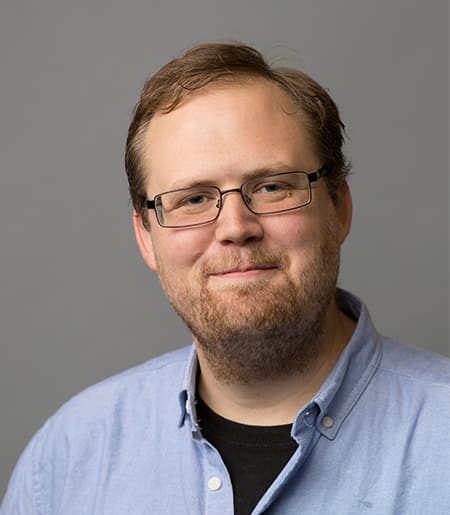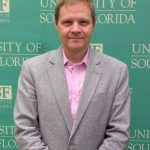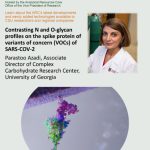About the Seminar
Porous framework materials, including metal-organic frameworks (MOFs), are highly tunable materials with myriad potential applications ranging from chemical separations to gas storage to catalysis. This is due to the unusual local environment offered by their pores. Herein we will discuss how this tunability can be used to unlock new reactive species relevant to organic synthesis and catalysis, focusing on fluorination chemistry, which is critical to the pharmaceutical, polymer, and agrochemical industries. We will also draw inspiration from organic chemistry for the design of new chemical separations and electrocatalytically active materials.
About the Speaker
Phill graduated from Hamilton College in 2010 with B.A.s in Chemistry and Mathematics, and went on to pursue his Ph.D. in Chemistry with Prof. Stephen Buchwald at the Massachusetts Institute of Technology (MIT). In the Buchwald group, Phill carried out extensive mechanistic studies of the Pd-catalyzed fluorination of aryl (pseudo)halides, a reaction of importance due to the prevalence of aryl fluorides in pharmaceuticals and agrochemicals. Phill also developed the nearly instantaneous 11C-cyanation of aryl halides for the synthesis of PET radiotracers. As a post-doctoral Fellow in the Jeffrey Long group at the University of California, Berkeley, Phill designed amine-functionalized metal–organic frameworks for the removal of CO2 from the flue gas emissions of power plants. In 2018, Phill joined the Department of Chemistry and Chemical Biology at Cornell University, where his research is focused broadly at the intersection of organic, inorganic, and materials chemistry. Phill is a member of the Cornell Center for Materials Research (CCMR) and the Cornell Energy Systems Institute (CESI), a Cornell Atkinson Center for Sustainability Faculty Fellow, and a field member in the Department of Chemical and Biomolecular Engineering. Phill’s independent awards and honors include the NSF CAREER Award (2021), the Robert A. and Donna B. Paul Award for Excellence in Advising (2021), being named a Scialog Fellow (2020), the Department of Energy Early Career Award (2020), and the NIH Maximizing Investigator’s Research Award (2019).



